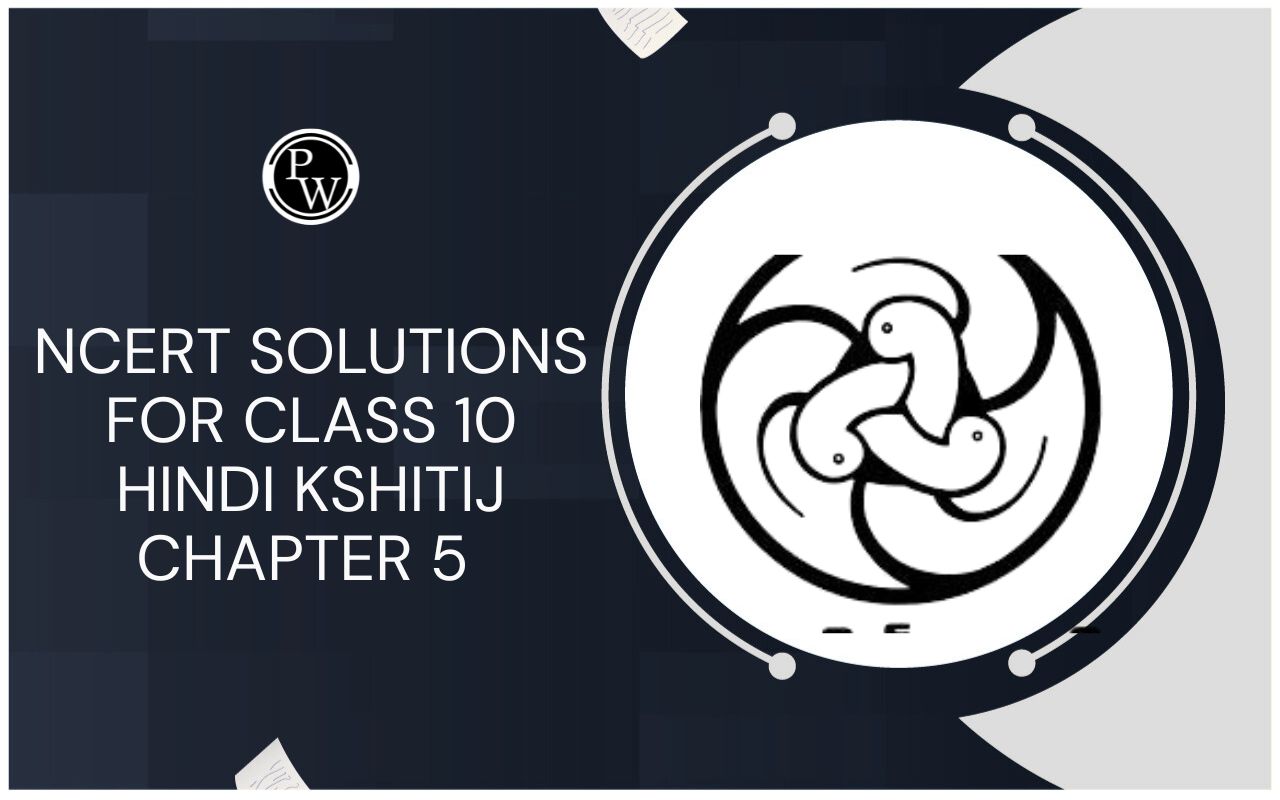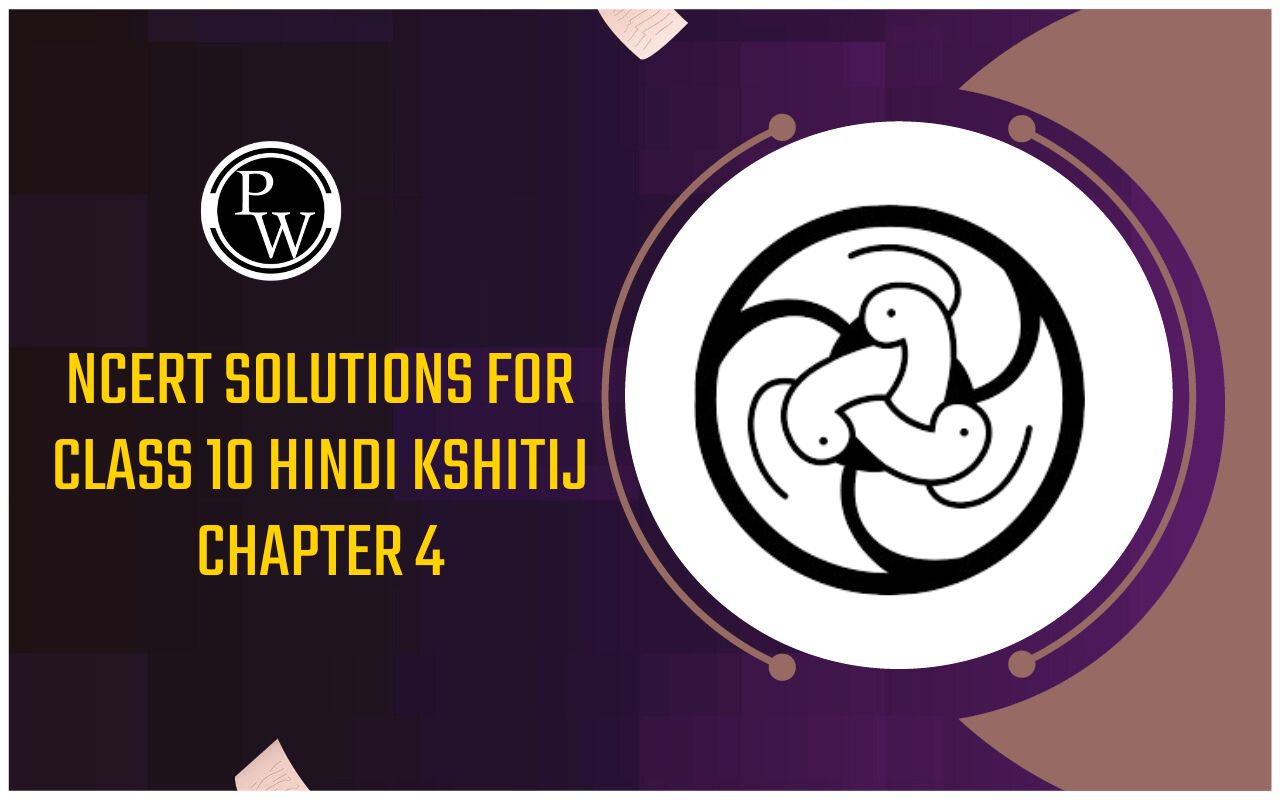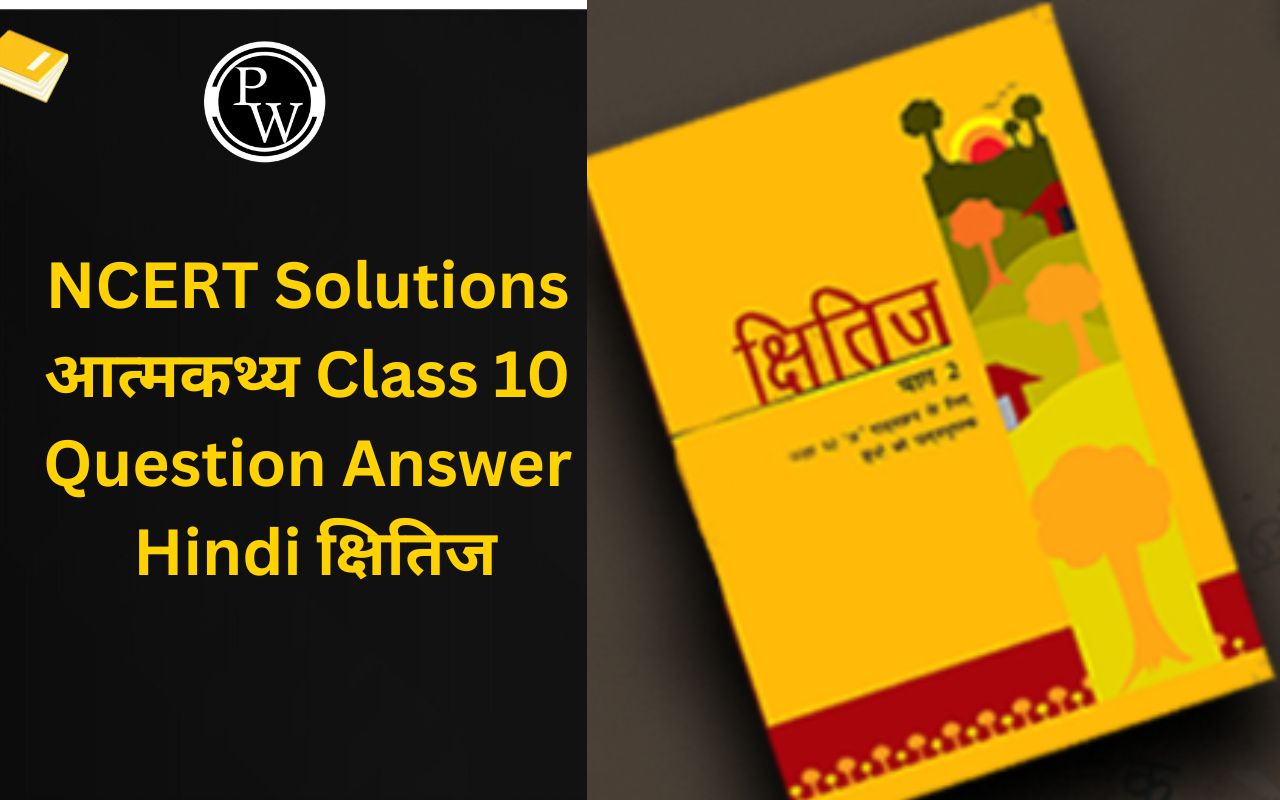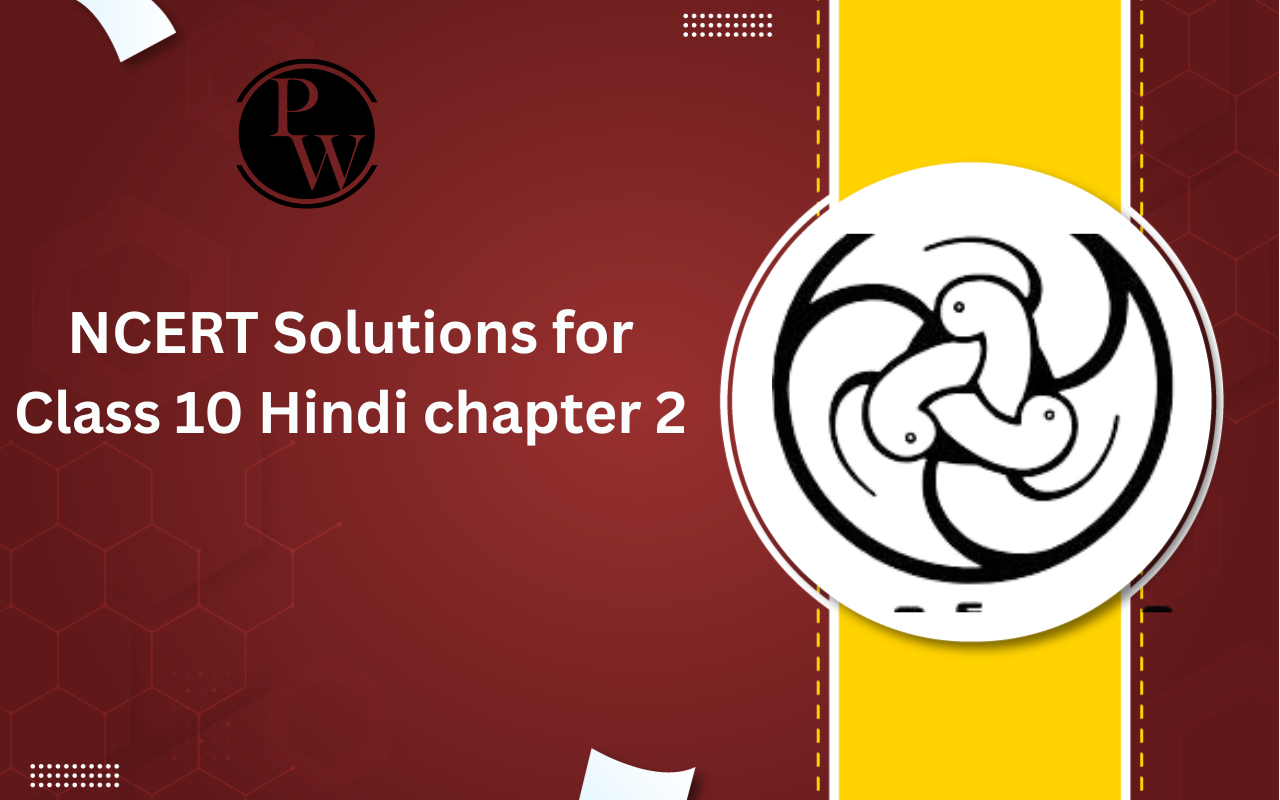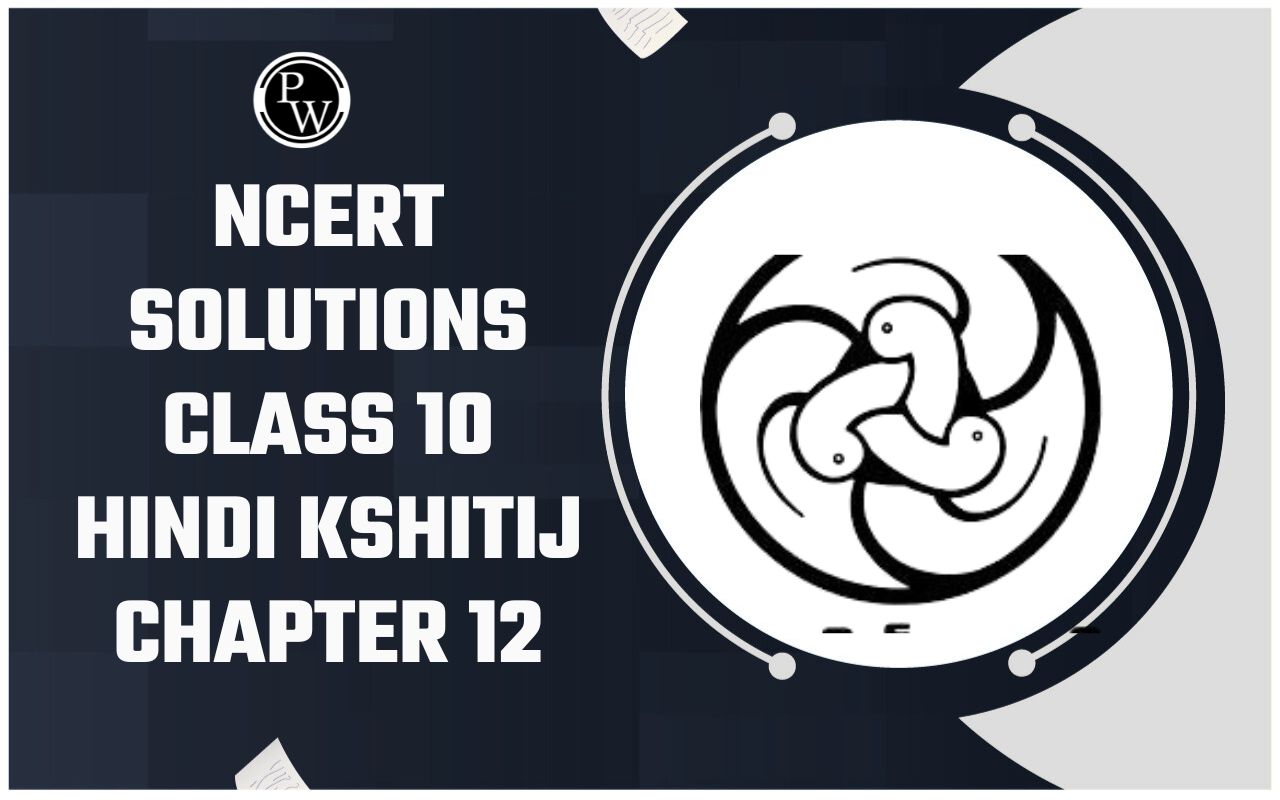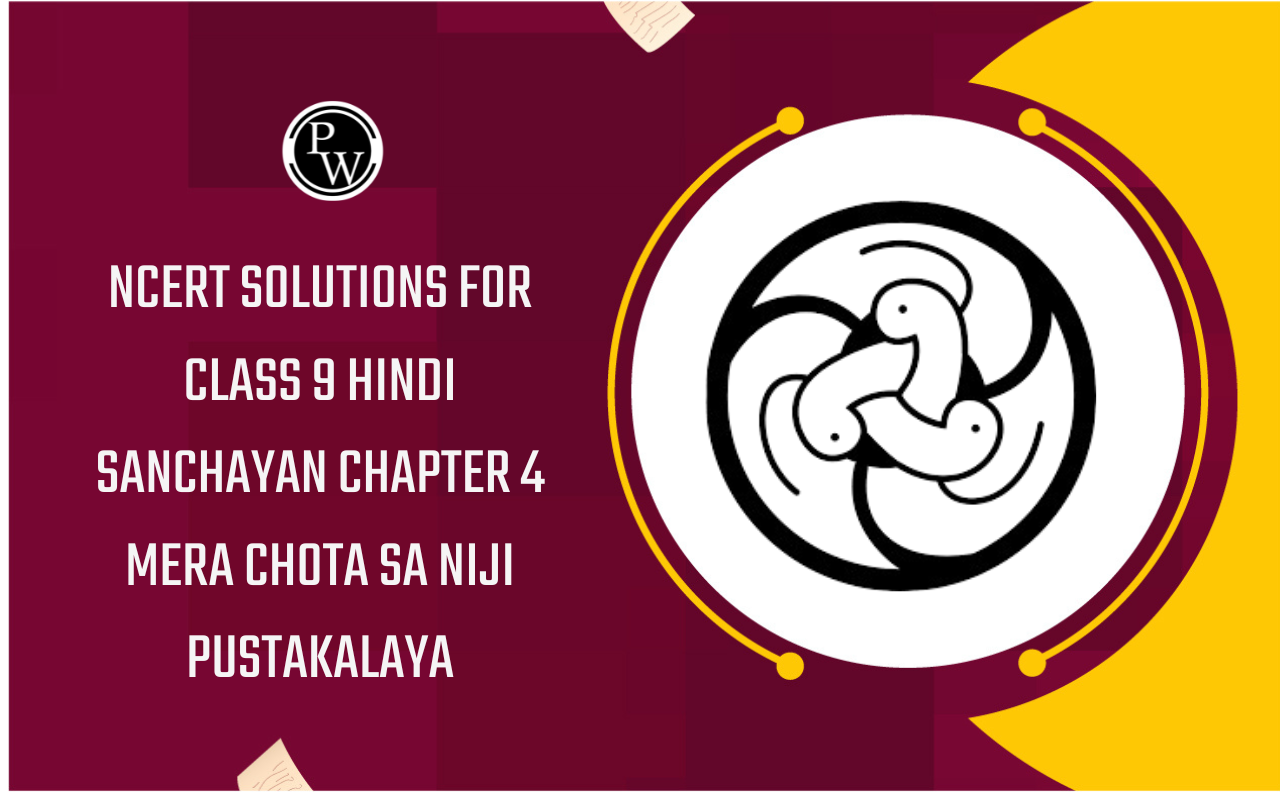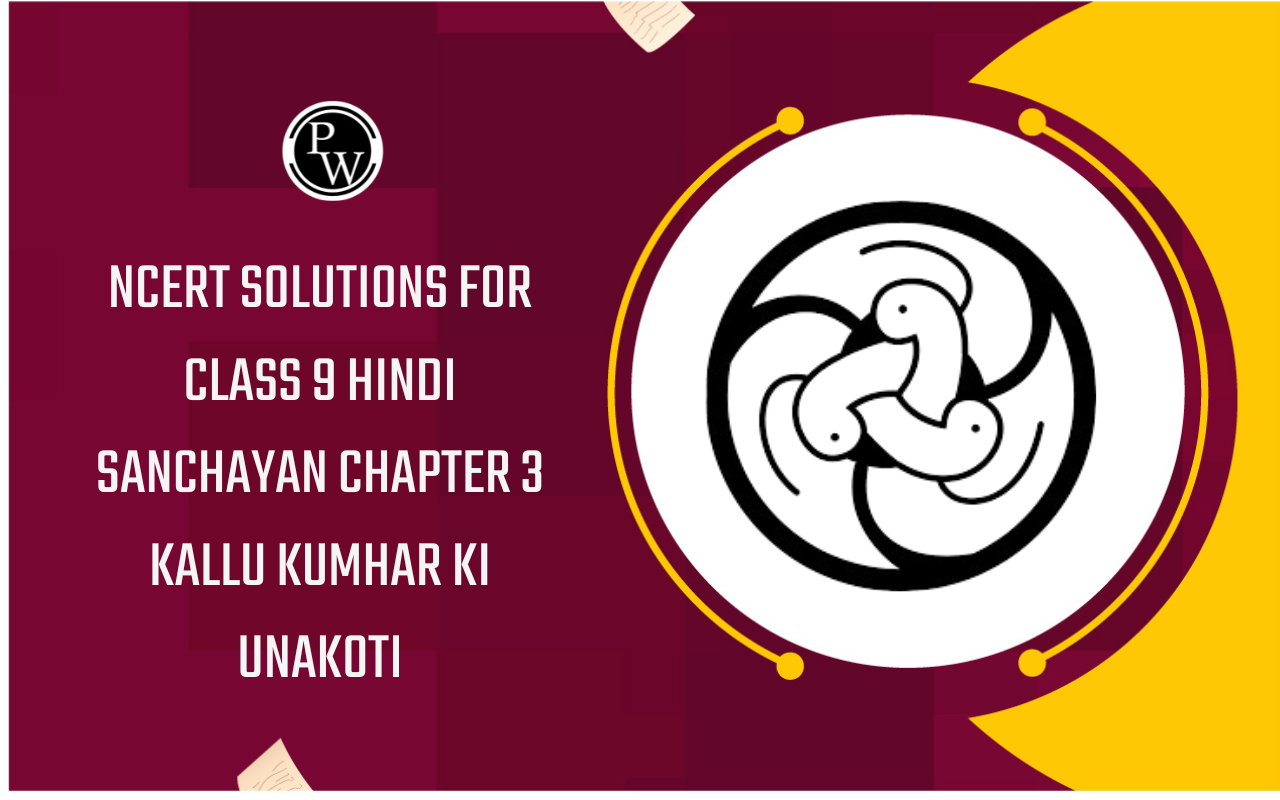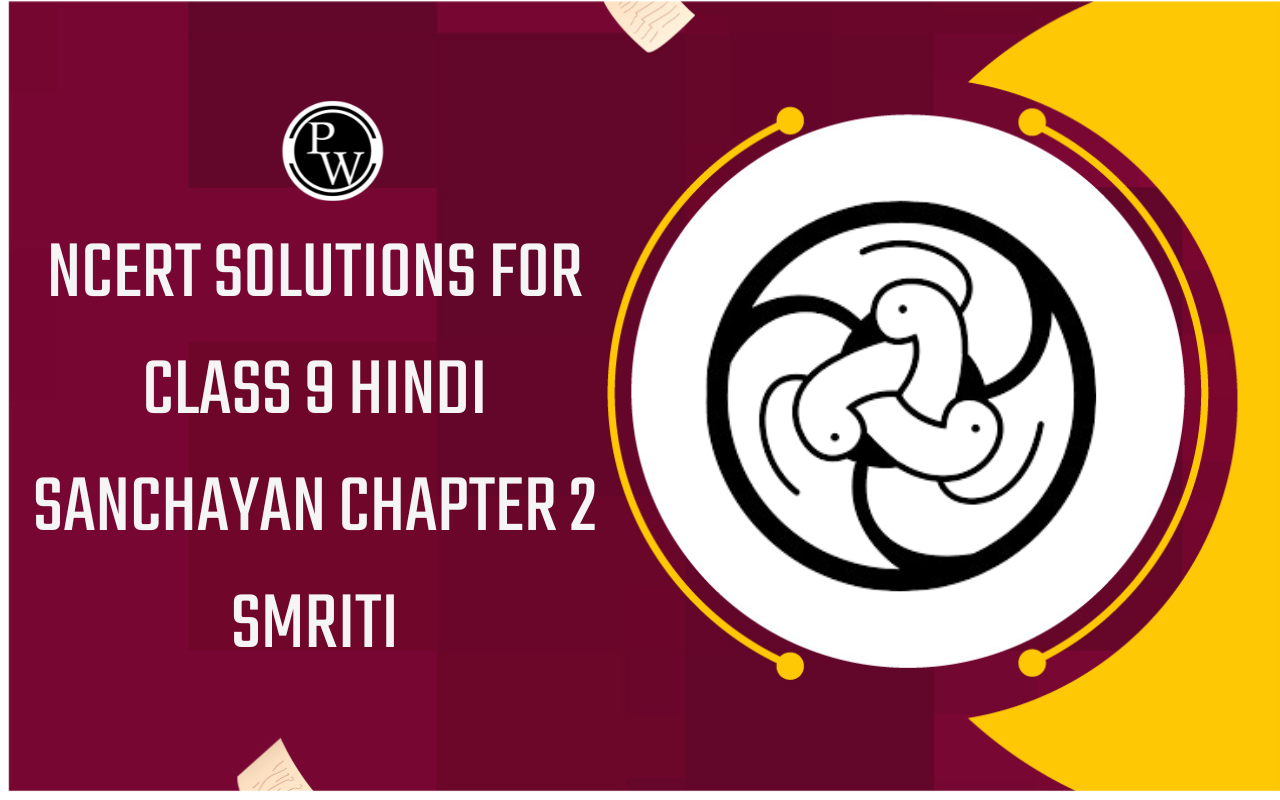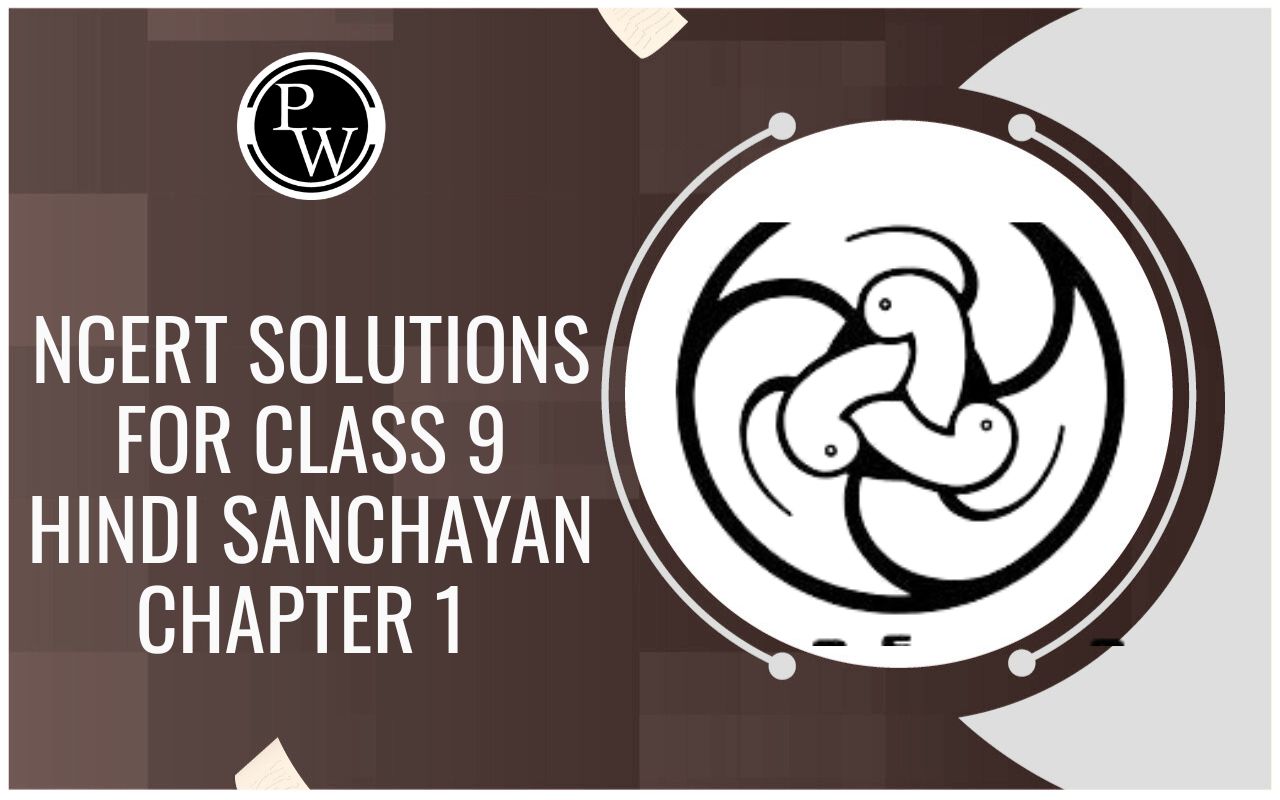
Dalton's Atomic Theory
Some Basic Concept Of Chemistry of Class 11
By observing the laws of chemical combination discussed above John Dalton (1808) proposed atomic theory of matter. The main points of Dalton’s atomic theory are as follows:
- Matter is made up of extremely small, indivisible particles called atoms.
- Atom of same substance are identical in all respect i.e. they posses same size, shape, mass, chemical properties etc.
- Atom of different substances are different in all respect i.e. they posses different shape, size, mass and chemical properties etc.
- Atom is the smallest particle that takes part in chemical reactions.
- Atom of different elements may combine with each other in a fixed, simple, whole number ratio to form compound atoms.
- Atom can neither be created nor destroyed i.e. atoms are indestructible.
Limitations
The main failures of Dalton’s atomic theory are:
- Atom was no more indivisible. It is made up of various sub−atomic particles like electrons, proton and neutron etc.
- It failed to explain how atoms of different elements differ from each other.
- It failed to explain how and why atoms of elements combine with each other to form compound atoms or molecules.
- It failed to explain the nature of forces that bind together different atoms in molecules.
- It failed to explain Gay Lussac’s law of combining volumes.
- It did not make any distinction between ultimate particle of an element that takes part in reaction (atoms) and the ultimate particle that has independent existence (molecules).
Modern Atomic theory or Modified Atomic Theory
- Atom is no longer supposed to be indivisible. Atom has a complex structure and is composed of sub−atomic particles such as electrons protons and neutrons.
- Atom of the same element may not be similar in all respects e.g. isotopes.
- Atom of different elements may be similar in one or more respects e.g. isobars.
- Atom is the smallest unit which takes part in chemical reactions.
- The ratio in which atoms unite may be fixed and integral but may not be simple. e.g. In sugar molecules C 12 H 22 O 11 , the ratio of C, H and O atoms is 12:22:11 which is not simple.
- Atom of one element can be changed into atoms of other element for e.g. transmutation.
- Mass of atom can be changed in energy.
E = MC 2 according to Eienstein mass energy relationship, mass and energy are inter−convertible. Thus atom is no longer indestructible.
Atom: Atom is the ultimate electrically neutral, made up of fundamental particle (Electron, neutron, Proton) which shows the characteristic properties of the element exist freely in a chemical reaction.
Molecules: A molecule is the smallest particle made up of one or more than one atom in a definite ratio having stable and independent existence e.g. H 2 , O 2 , N 2 , He, HCl, CaCO 3 , etc.

